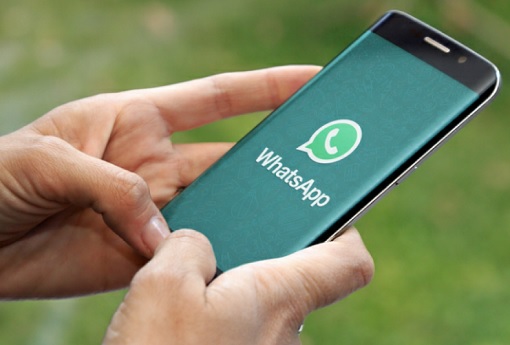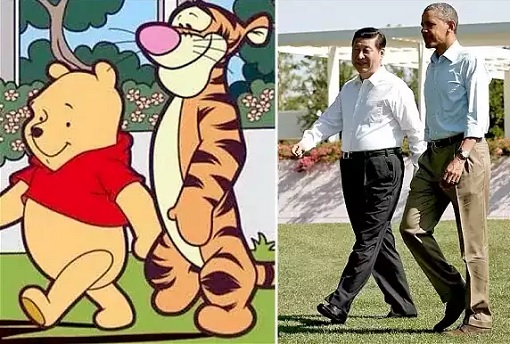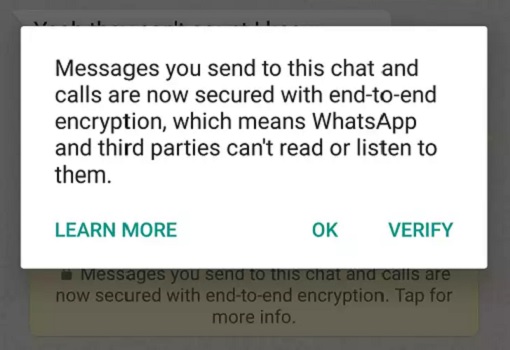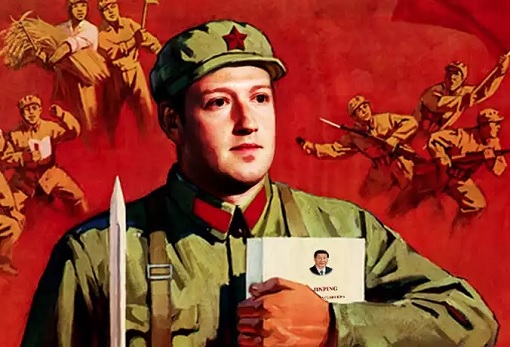WhatsApp is one of the few foreign messaging apps available in mainland China. Although not as popular as the locally-made app WeChat, the American-made app is favoured by some for its end-to-end encryption. But it appears not even Mark Zuckerberg’s fluency in Mandarin could help WhatsApp in China, which he acquired for US $19 billion on February 2014.
Chinese users had trouble using the popular WhatsApp instant messaging tool on Tuesday, with many fearing is the beginning of Beijing’s Internet clampdown. Most of the affected users complained they could not send or receive photos using the chat app, without a VPN (virtual private network). However, pure text messages could get through.
In order to bypass Beijing’s notorious censorship – which blocks websites with information that could be critical of the Communist Party – Chinese users rely heavily on VPNs to use foreign app such as Facebook, YouTube, Twitter, and WhatsApp and to read foreign news. But even popular VPNs are being shut down by the Chinese government.

VPNs work by routing internet traffic to servers in another location, such as the U.S., that is beyond the reach of Chinese control. Interestingly, VPNs are commonly used by businesses, universities, and news organizations – including state-run newspapers – in China. But Chinese users are being further isolated when Beijing launched a 14-month crackdown on “illegal VPNs” in January this year.
In a test conducted by the South China Morning Post, two users registered with mainland Chinese mobile numbers were unable to send videos or pictures to each other via WhatsApp. When they tried to send the same videos and photos to an overseas number, it also failed. Instead of photos, the recipient only received a “loading thumbnail” in the message.
WeChat, on the other hand, has been found to be censoring messages deemed sensitive by Beijing without notifying its users. Obviously, WeChat, which is owned by tech giant Tencent, is a monitoring and spying tool for China. WeChat’s boss, “Pony” Ma Huateng, almost acquired WhatsApp before Zuckerberg snatched it when Mr. Ma had to undergo back surgery.

The coming 19th Party Congress of the Chinese Communist Party scheduled to convene in the fall will only worsen matters. Already, the cute and innocence Winnie the Pooh has been banned in China, as fears over naughty comparison made between the teddy bear (described as “a bear of very little brain”) and President Xi Jinping could re-occur again.
Of course, the censorship of WhatsApp would help Chinese native WeChat’s business. By blocking WhatsApp, the Chinese authorities essentially limit the choices that Chinese users have to send private and encrypted communications and therefore, force more and more users to adopt WeChat as their messaging app.
While WhatsApp messages are encrypted, WeChat is un-encrypted so that whatever messages could be censored. Because it’s harder to censor photos and videos, the Cyberspace Administration of China, which regulates the internet and acts as an online censorship office, could have taken the easy way of blocking all photos, videos and multimedia format files.

Officials of the Cyberspace Administration of China, who had pledged loyalty to the Communist Party leadership under President Xi Jinping, had issued a statement back in January, 2017 that one of their priorities this year would be to cultivate and ensure an online environment that was “conducive to a successful 19th party congress”.
Together with his anti-corruption campaign, President Xi has also consistently suppressing freedom of Internet. He has been vocal in calling for China to establish sovereignty online, and has set up a new internet regulator to consolidate controls over the web. Effective February 2018, China’s telecom regulator said it would ban unauthorized VPNs.
China’s Cybersecurity Law, which came into effect on June 1 this year, had created chaos among business owners as the law required all data to be stored in China, under the pretext of helping to guard against cyber attacks and prevent terrorism. Apple opened its first data centre in China this month, in compliance with the new law.

For now, it’s unclear if WhatsApp censorship is temporary, until the 19th party congress is over, or would be permanently blocked, the same way Facebook and Instagram met their deaths. Zuckerberg could, of course, take away the encryption from WhatsApp to appease Beijing. But without the encryption, WhatsApp is no different than that of WeChat.
Other Articles That May Interest You …
- China Bans Winnie The Pooh – Here’s Why The Teddy Bear Is Blacklisted
- How Zuckerberg Stole WhatsApp While WeChat’s Boss Was Sick
- China’s New Cybersecurity Law Effective Today – What Does It Mean To You
- China Invasion – Top 10 American Iconic Brands Now Owned By Chinese
- WhatsApp To Sell Your Phone No To Evil Zuckerberg – Here’s How To Stop It
- Zuckerberg The “BrainWasher” – Facebook Decides What News You Should Read
- Here’s How 50 Engineers Manage 900 Million WhatsApp Users
- Beware!! Facebook Can Tell If You’re A “Narcissist” Or “Insecure”
- Finally, You Can Save Some Money With Free WhatsApp Voice Calls
- Revealed – Why Facebook Mark Zuckerberg Wears The Same Shirt Every Day

|
|
July 19th, 2017 by financetwitter
|


|

|

|

|

|

|




























Comments
Add your comment now.
Leave a Reply